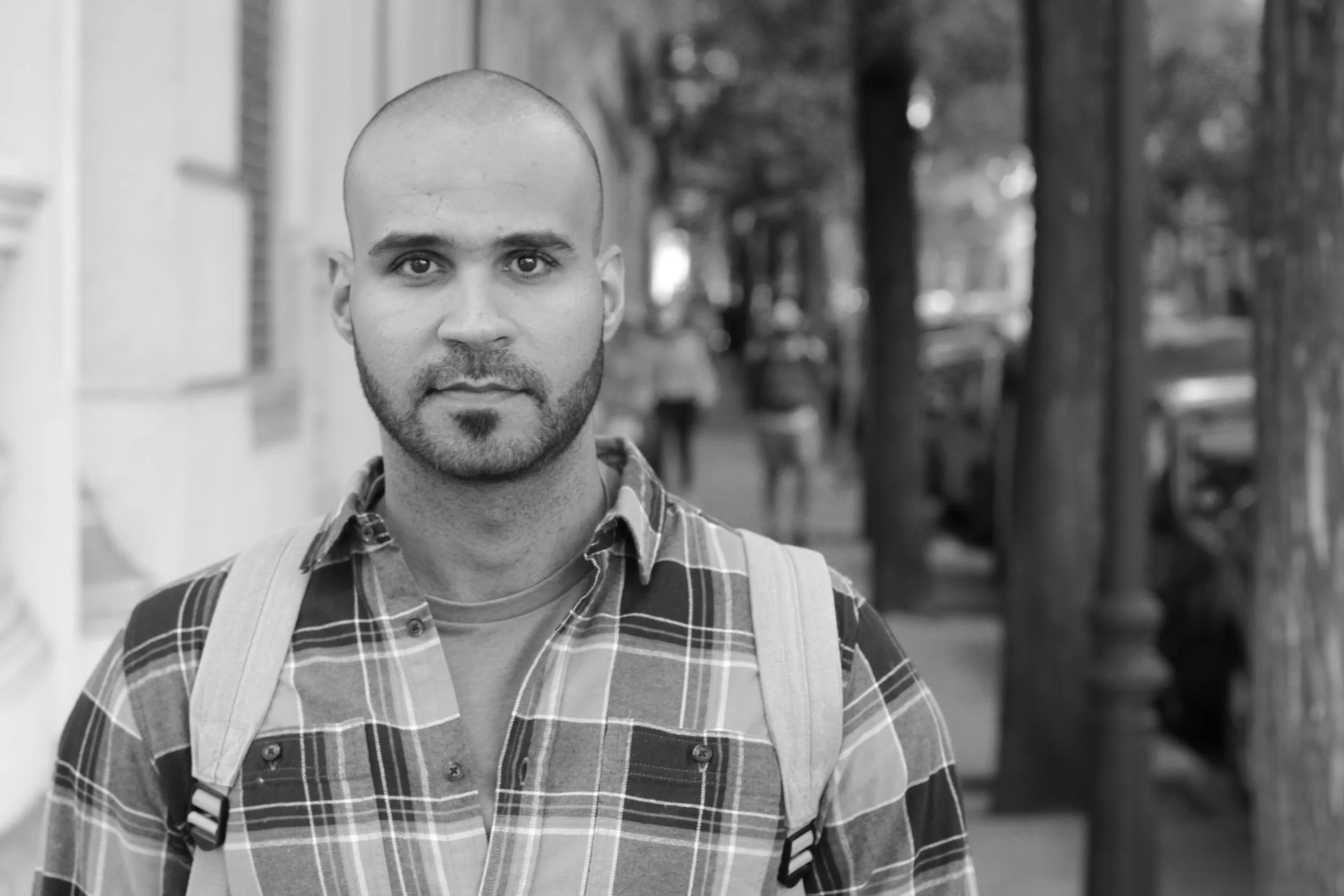When you hear the word "trauma," what do you think of? You're probably thinking of one, singular traumatic life event like a car accident, violence or a natural disaster. But trauma doesn't just mean one, singular or isolated incident. Sometimes trauma is the result of repeated, prolonged, ongoing and long-term exposure to stress. This can especially be true of one's childhood.
This type of trauma is known as complex trauma. The effects of complex trauma can be difficult to recognize, deep and long-lasting. Unlike other forms of trauma, complex trauma can have negative effects on your ability to feel safe in the world, your relationships and even your sense of personal identity. Let's learn more about complex trauma and how you can spot it.
What Is Complex Trauma?
Complex trauma is a psychological response to repeated and prolonged exposure to a traumatic event, especially involving interpersonal relationships. These traumatic experiences that lead to complex trauma often occur during one's childhood or formative years. The traumatic experiences often come from abuse, abandonment or neglect, especially from the people who are supposed to care for, protect and keep you safe. Even though a lot of complex trauma comes from someone's younger years, it can also develop in adulthood from things like domestic violence, long-term captivity or human trafficking.
Signs and Symptoms
Symptoms of complex trauma overlap with a lot of other mental issues, which can make it even more challenging to recognize. These are some of the key signs to pay attention to if trying to identify complex trauma in yourself or a loved one:
Anxiety
Chronic pain
Compulsive behaviors
Digestive issues
Dissociation
Eating disorders
Emotional dysregulation
Fatigue
Fear of abandonment
Hypervigilence
Memory gaps
Negative self-perception
Substance use or abuse
The Difference Between Acute and Complex Trauma
Complex trauma can be difficult to spot, which is why trying to better understand the differences between acute and complex trauma can help you learn how to spot the signs.
Duration
Acute trauma describes the traumatic events that happen once. Complex trauma is a type of trauma that is repeated over time.
Symptoms
Symptoms of acute trauma and complex trauma can look very similar. But complex trauma comes with additional symptoms that can impact your emotional stability, trust and self-esteem.
Source
Acute trauma can stem from a random accident or event. Complex trauma often comes from someone in a position of trust, like a parent, primary caregiver or romantic partner.
Impact
Acute trauma can lead to other mental issues like post-traumatic stress disorder (PTSD). Complex trauma is a more severe condition that can lead to complex PTSD (C-PTSD).
Why Complex Trauma Goes Unnoticed
A lot of people with complex trauma don't actually realize that they've experienced a trauma in the first place. This is especially true in instances where the trauma happens gradually or if it was normalized within their culture or family. Since the symptoms mimic a lot of other mental health issues, it's common for someone experiencing complex trauma to get misdiagnosed. Complex trauma often goes unnoticed because survivors tend to downplay or minimize their own experiences because they're too ashamed to talk about them. This can make it more difficult for loved ones or mental health professionals to recognize what's really going on.
Next Steps
Complex trauma is often hidden in plain sight. It can develop slowly and start to affect different areas of your life, like your physical health, emotions, self-perception and relationships. When you're able to recognize the signs, you can better understand how this type of trauma actually works. Once you gain that awareness and self-compassion, you can work on an action plan for moving forward. If you need additional support navigating your complex trauma, reach out today to set up an initial consultation for codependency therapy.

